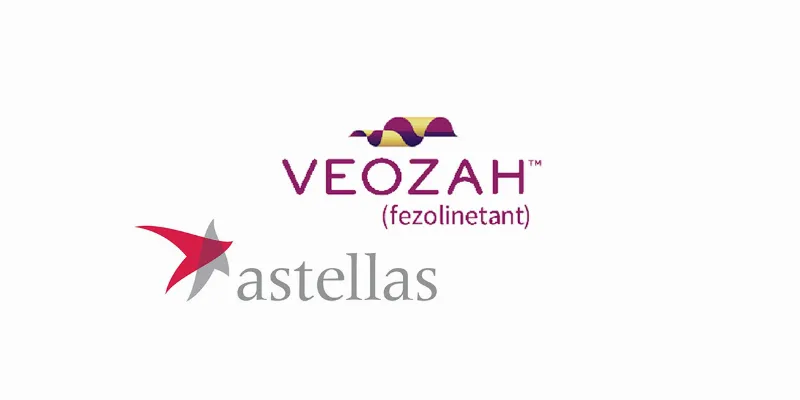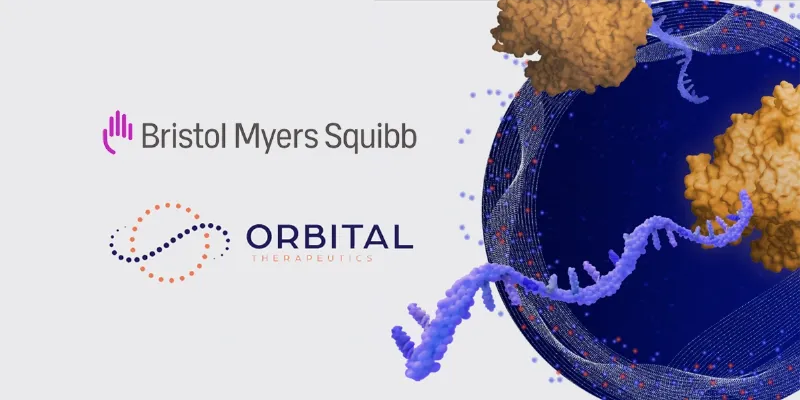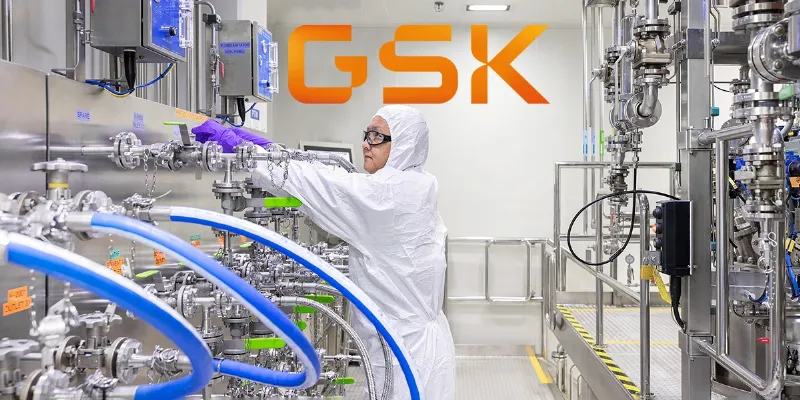Astellas' Fezolinetant Offers New Hope for Menopause VMS Without Hormones


Pharma |
2 December 2023
Astellas Pharma has reported positive outcomes from the Phase 3b DAYLIGHT trial, revealing that Fezolinetant significantly reduces menopausal symptoms in women unsuitable for hormone therapy. The study met its endpoints, demonstrating reduced severity and frequency of vasomotor symptoms and sleep disturbances.
The findings of the Phase 3b DAYLIGHT study, presented at the European Society of Gynecology Congress 2023, spotlight Fezolinetant, a novel non-hormonal compound that has shown significant promise in alleviating menopausal symptoms. Fezolinetant is being studied for the treatment of moderate to severe vasomotor symptoms (VMS) due to menopause. It was approved as VEOZAH™ by the U.S. Food and Drug Administration (FDA) in May 2023.
VMS, characterised by hot flashes and/or night sweats, are common symptoms of menopause. These symptoms occur due to the constriction or dilation of blood vessels. Hormone therapy is often used to treat these symptoms, but not all women are suitable candidates for this treatment.
Dr. Rossella Nappi, Professor of Obstetrics and Gynecology, University of Pavia stated:
“I know many women want options for managing hot flashes based on their medical history and personal choices, which is why these DAYLIGHT results are encouraging. The statistically significant reductions observed over the 24-week period demonstrate the potential fezolinetant has to help women who are experiencing VMS due to menopause yet cannot or choose not to take hormone therapy.”
Fezolinetant: A closer look
Fezolinetant works by blocking neurokinin B (NKB) binding on the kisspeptin/neurokinin B/dynorphin (KNDy) neuron to modulate neuronal activity in the thermoregulatory centre of the brain (the hypothalamus) to reduce the frequency and severity of moderate to severe VMS due to menopause.

The DAYLIGHT study is a Phase 3b, randomized, double-blind, placebo-controlled study that evaluated the 24-week efficacy and safety of fezolinetant in women considered unsuitable for hormone therapy. The study comprised of more than 450 women and met the primary objective showing statistically significant reduction from baseline in the frequency of moderate to severe VMS to week 24 for fezolinetant 45 mg once daily versus placebo. Additionally, fezolinetant 45mg significantly improved patient-reported sleep disturbance.
The occurrence of treatment-emergent adverse events (TEAEs) was comparable between the fezolinetant and placebo groups, with 65% and 61% of patients reporting TEAEs, respectively. The most frequently reported TEAEs were COVID-19, headache, and fatigue, with incidences of 13.3%, 8.8%, and 5.8% in the fezolinetant group, compared to 12.8%, 9.3%, and 0.4% in the placebo group, respectively. Serious TEAEs were reported in 4.4% of patients in the fezolinetant group and 3.5% of patients in the placebo group.
Marci English, Vice President and Head of BioPharma Development at Astellas, evaluated the results and said,
“DAYLIGHT is the first 24-week placebo-controlled efficacy study for fezolinetant. Astellas is committed to advancing innovative science, and these data provide further affirmation to healthcare providers of the positive impact fezolinetant can have on reducing the frequency and severity of VMS, as well as sleep disturbances over a longer period of time.”
About DAYLIGHT Study
DAYLIGHT (NCT05033886) is a Phase 3b, randomized, double-blind, placebo-controlled, 24-week study to assess the efficacy and safety of fezolinetant 45 mg in menopausal women aged 40-65 suffering from moderate to severe VMS and considered unsuitable for hormone therapy (HT): contraindicated, averse (made informed choice not to take HT), stoppers (previously discontinued HT) and caution (based on prior medical history). The primary endpoint was mean change in the frequency of moderate to severe VMS from baseline to week 24. Secondary endpoints were mean change in severity of moderate to severe VMS from baseline to week 24 and mean change in patient-reported sleep disturbance on the Patient-Reported Outcomes Measurement Information System Sleep Disturbance (PROMIS SD) – Short Form 8b from baseline to week 24. A total of 453 women were enrolled at 69 sites in Canada, Europe and Turkey. Topline results of the DAYLIGHT study were announced in June 2023.











Comments
No Comments Yet!